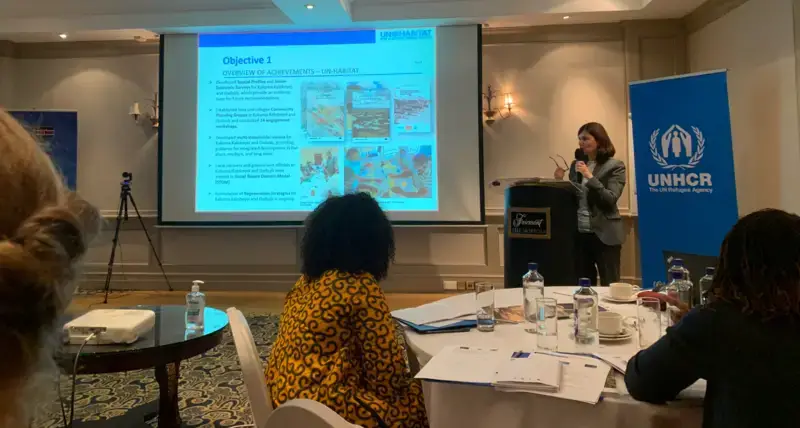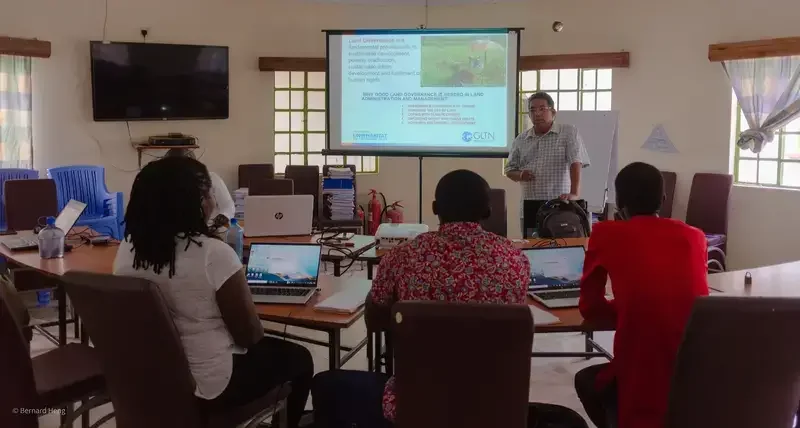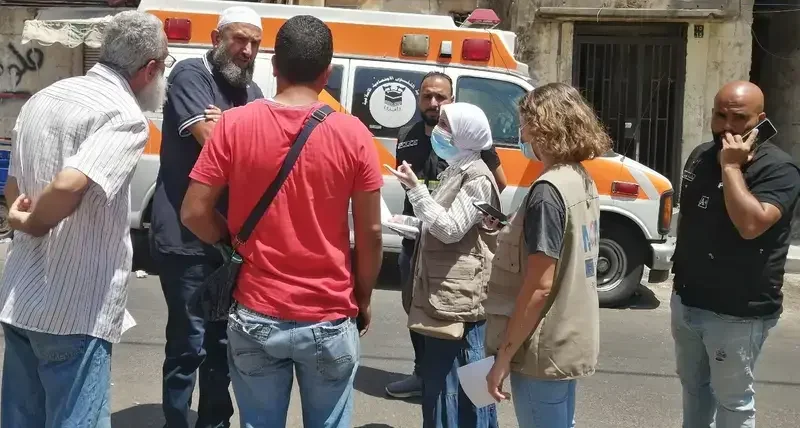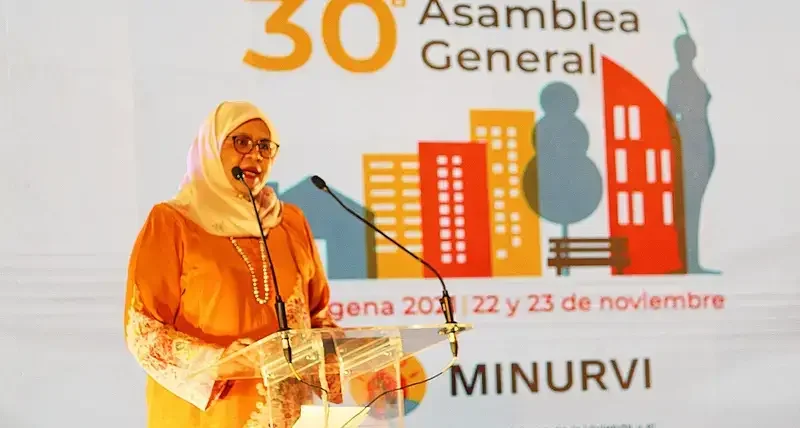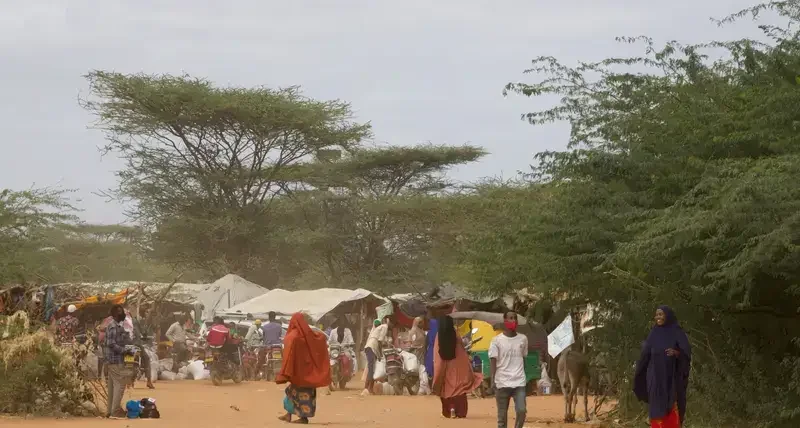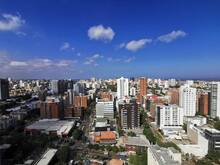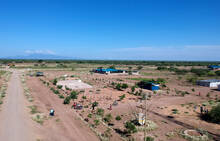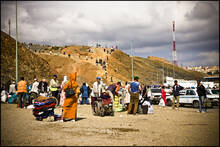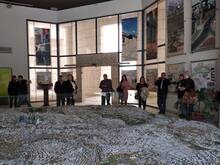The challenge
Migration stands as a prominent feature of the 21st century, with over 258 million individuals residing outside their countries of origin. Projections suggest a substantial rise in the global urban population, expected to surge from 3.5 billion presently to 6.2 billion by 2050, predominantly in Africa and Asia. This urbanization wave includes a significant portion of displaced persons, with more than half of the world's internally displaced people (IDPs) and refugees, (totalling approximately 65.3 million), settling in towns and cities. Root causes of migration span conflict, environmental degradation, climate change, poverty, and spatial inequalities, driving individuals towards urban areas where safety, shelter, basic services, and livelihood prospects appear more promising.However, this influx poses considerable challenges to host communities and local governments, exacerbating existing institutional and financial strains, leading to service deficiencies, health risks, safety concerns, and environmental degradation.
The trend of urban displacement is poised to escalate, amplifying urbanization rates, particularly in certain regions, fuelled by a doubling of IDP numbers in the past decade, and anticipated further increases due to climate change. Therefore, it is imperative that local governments and other key stakeholders are effectively supported in order to utilise built capacities for bettered management of urbanisation . This is crucial as properly planned and managed settlements can not only provide services, shelter and safety for all inhabitants but also harness the myriad of opportunities resulting from migration.
Impact
(2023)
(2023)
(2023)
Donors and partners
UN-Habitat cooperates with different UN agencies (including IOM, UNHCR, UNDP and UNICEF, among others), international organizations and development partners such as OECD, ICMPD or CMI on migration and displacement related initiatives in support of national and local government authorities in better managing integration of migrants, refugees and IDPs in urban areas and human settlements across the humanitarian-development nexus.
This work includes policy development, legislation and governance, urban planning and finance as well as concrete implementation of projects for localizing the New Urban Agenda and achieving the urban targets of the 2030 Sustainable Development Agenda, particularly Sustainable Development Goal 11.
UN-Habitat cooperates with agencies like as well as the UN Regional Commissions on urban solutions, that benefit both, migrant and host communities.
Acknowledging the crucial role of local authorities, civil society and private sector for integration and inclusiveness in cities, UN-Habitat promotes and applies whole-of-government and whole-of-society approaches.
